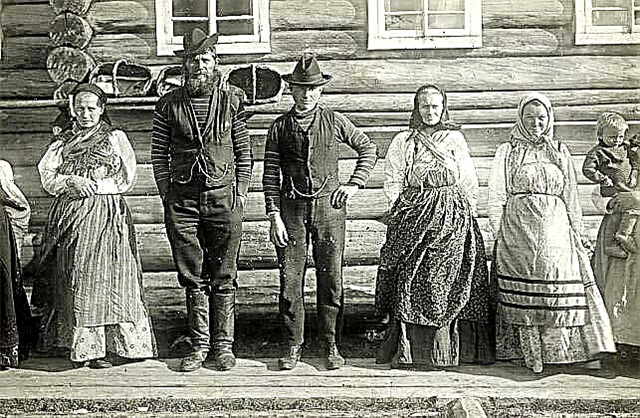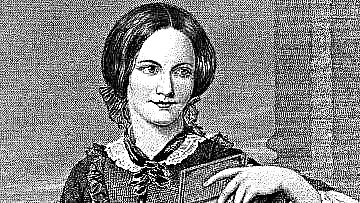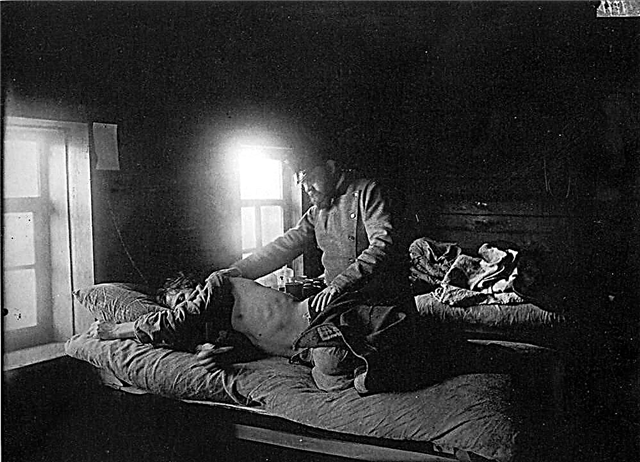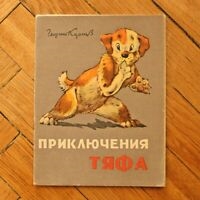The action takes place in a suburban village near Moscow, in an unusually hot, suffocating summer of 1972. Pensioner Pavel Evgrafovich Letunov, a man of old age (he is 72 years old), receives a letter from his longtime acquaintance Asya Igumnova, whom he had been in love with for a long time since school time. Together they fought on the Southern Front during the Civil War, until fate finally divorced them in different directions. As old as Letunov, she lives near Moscow and invites him to visit.
It turns out that Asya found him by reading Letunov’s note in the magazine about Sergey Kirillovich Migulin, the Cossack commander, a large red military leader from the civilian era. Migulin was unofficially her husband. Working as a typist in the headquarters, she accompanied him on military campaigns. She had a son from him. In the letter, she expresses joy that Migulin, a bright and complex person, has been removed from the shameful stigma of a traitor, but she is surprised that it was Letunov who wrote the note, because he also believed in Migulin's guilt.
The letter evokes many memories in Letunov. He was friends with Asya and her cousin Volodya, whose wife, Asya, became right after the revolution. Pavel often visited their home, he knew Asya’s father, a well-known lawyer, her mother, elder brother Alexei, who fought on the side of the whites and soon died during the retreat of Denikin. Once, when they were skiing with Uncle Pavel, revolutionary Shura Danilov, who had recently returned from Siberian hard labor, a bandit Gribov came out to them, holding the whole district in fear, and Volodya, scared, scooted rushed off. Then he could not forgive himself for this weakness, so he even packed his things and left for his mother in Kamyshin. Then the Igumnovs had a conversation about fear, and Shura said that every person has seconds of burning through, darkening the mind of fear. He, Shura, in the future commissar, even in the most difficult situations, thinks about the fate of every person, tries to resist the bloody foam that obscures the eyes - the senseless cruelty of revolutionary terror. He listens to the arguments of the stanitsa teacher Slaboserdov, who convinces the commanders of the Steel detachment that it is impossible to act with the Cossacks only by violence, urging them to look back at the history of the Cossacks.
Letunov's memory resurrects in vivid flashes separate episodes from the whirlwind of events of those years that remained most important to him, and not only because it was his youth, but also because the fate of the world was being decided. He was intoxicated by a mighty time. The red-hot lava of history flowed, and he is inside it. Was there a choice or not? Could it happen differently or not? “Nothing can be done. You can kill a million people, overthrow the king, arrange a great revolution, blow up half the world with dynamite, but you cannot save one person. ”
Volodya in the village of Mikhaylinskaya was cut off by the White from the Filippov’s gang along with other Revolutionaries. Asya Letunov then found unconscious, raped. Soon, Migulin appeared here, specially jumping because of her. A year later, Pavel visits the Igumnov’s apartment in Rostov. He wants to inform Asa, who is recovering after typhoid, that Migulin was arrested together with his entire headquarters in Bogaevka last night. Letunov himself was appointed court clerk. He argues with Asya’s mother about the revolution, and at that time units of Denikin’s break into the city, and one officer with soldiers appears at the Igumnov’s. This is their friend. He looks suspiciously at Letunov, who is wearing a commissary leather jacket, but Asya’s mother, with whom they have almost been cursing, helps him out, telling the officer that Pavel is their old friend.
Why did Letunov write about Migulin? Yes, because that time was not lived out for him. He first began to bother about the rehabilitation of Migulin, has been studying archives for a long time, because Migulin seems to him an outstanding historical figure, intuitively comprehending many things that soon found confirmation. Letunov believes that his search is of great importance, not only as an insight into history, but also as a touch to the true that "inevitably reached the present day, reflected, refracted, became light and air ...". However, Asya in her surprise really hit a sore point: Letunov also experiences a secret guilt towards Migulin - during the trial, he asked sincerely that he admits Migulin’s participation in the counter-revolutionary uprising. That, obeying the general opinion, and earlier believed in his guilt.
Forty-seven-year-old Migulin Letunov, then nineteen, considered an old man. The drama of the comcor, in the past of the army foreman, lieutenant colonel, consisted in the fact that many not only envied his growing fame and popularity, but most importantly did not trust him. Migulin enjoyed great respect from the Cossacks and hatred of the chieftains, he successfully fought against the whites, but, as many believed, was not a real revolutionary. In his fervent appeals, which he distributed among the Cossacks, he expressed his personal understanding of the social revolution, his views on justice. They feared a rebellion, or perhaps deliberately did it in such a way as to annoy and provoke Migulin to a counter-revolutionary speech, sent him commissars such as Leonty Shigontsev, who were ready to pour blood on Don and did not want to listen to any arguments. Migulin already came across Shigontsev when he was a member of the district revolutionary committee. This strange type, who believed that humanity should abandon “feelings, emotions”, was hacked not far from the village where the corps headquarters stood. Suspicion could fall on Migulin, as he often opposed the commissars of the "false communists."
Migulin pursued distrust, and Letunov himself, as he explains to himself his behavior at that time, was part of this general distrust. Meanwhile, Migulin was prevented from fighting, and in a situation where the Whites now and then went on the offensive and the situation at the front was far from favorable, he was eager for battle to defend the revolution, and was furious because sticks were put into his wheels. Migulin is nervous, rushing around and finally does not stand up: instead of going to Penza, where he is called up with an incomprehensible intention (he suspects that they want to arrest him), with a handful of troops subordinate to him, Migulin begins to make his way to the front. Along the way, he is arrested, put on trial and sentenced to death. In his fiery speech at the trial, he says that he has never been a rebel and will die with the words “Long live the social revolution!”
Migulin is amnestied, demoted, he becomes the head of the land department of the Executive Committee, and two months later he is again given a regiment. In February 1921 he was awarded the Order and appointed Chief Inspector of the Red Army Cavalry. On the way to Moscow, where he was called to obtain this honorable post, he calls in his native village. At that time, the Don is restless. Cossacks as a result of the surplus worry, in some places rebellions break out. Migulin, on the other hand, is one of those who cannot help getting into a fight, not defending someone else's defense. Rumor has it that he returned to the Don to molest the rebels. Migulin, after listening to the stories of the Cossacks about the atrocities of the food merchants, curses local figures, promising to go to Lenin in Moscow and tell about the atrocities. A lard has been assigned to him, recording all his statements, and in the end he is arrested.
Nevertheless, even many years later, the figure of Migulin is still not fully understood by Letunov. He is now not sure that the purpose of the commander, when he arbitrarily spoke to the front, was not a rebellion. Pavel Evgrafovich wants to find out where he was moving in August nineteenth. He hopes that a living witness to the events, the closest person to Migulin, Asya Igumnova will be able to tell him something new, to shed light, and therefore, despite her weakness and ailments, Letunov goes to her. He needs truth, and instead the old woman says after a long silence: “I will answer you - I have never loved anyone in my long, tiring life ...” And Letunov himself, seemingly seeking the truth, forgets his own mistakes and his own guilt. Justifying himself, he calls it “clouding of the mind and breaking of the soul,” which is replaced by oblivion for conscience.
Letunov thinks of Migulin, recalls the past, and yet passions are boiling around him. In the cooperative summer cottage village where he lives, the house was freed after the owner’s death, and adult children Pavel Yevgrafovich ask him to speak with the chairman of the board Prikhodko, because their family has grown out of space for a long time, Letunov is a well-deserved person who has lived here a lot years old. However, Pavel Evgrafovich avoids talking with Prikhodko, a former junker, a scammer and a mean man in general, who also remembers very well how Letunov once cleared him from the party. Letunov lives bygone, the memory of his beloved wife, who was sorely missed, not so long ago. Children, immersed in household chores, do not understand him and are not at all interested in his historical searches, they even believe that he has lost his mind, and they bring him a psychiatrist.
His current tenant, Oleg Vasilievich Kandaurov, is also claiming the vacated house, a successful, energetic and bumpy person who wants to get "all the way" in everything. He has a business trip to Mexico, he has a lot of urgent matters, in particular obtaining a medical certificate for the trip, and two main concerns - parting with his mistress and this same house, which he should receive at all costs. Kandaurov does not want to miss anything. He knows that his neighbors in the dachas do not really favor him and are unlikely to support him, but he is not going to give in: he manages to buy off another applicant for the house - the nephew of his former owner, he also has an agreement with Prikhodko. However, when everything seems to be settled, they call him from the clinic, offering to pass a second urine test. Suddenly, it is discovered that Kandaurov has a serious and possibly incurable disease that cancels his business trip to Mexico, and all that. The element of life does not flow at all in the direction in which people strive to direct it. So with the holiday village - strangers come to the black “Volga” with a red folder in their hands, and Ruslan’s son, Letunov, manages to find out from the driver that they are going to build a boarding house instead of the old dachas.


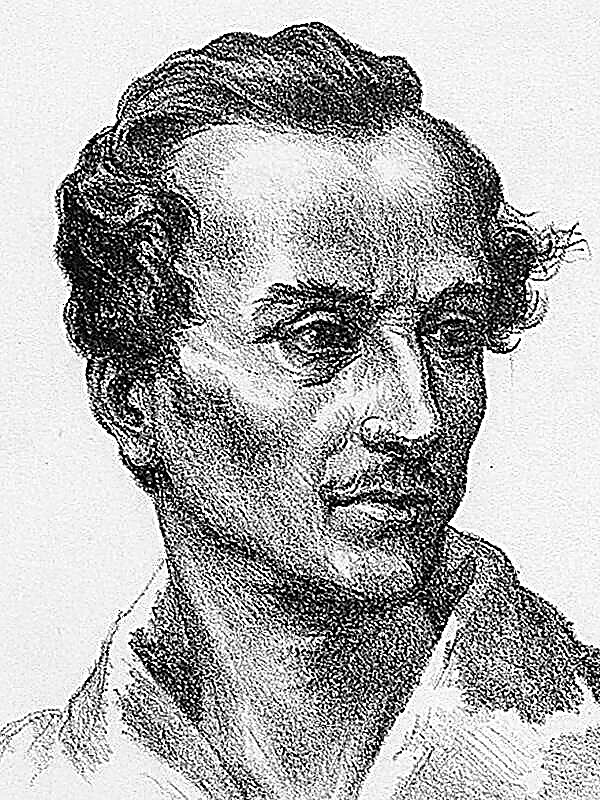
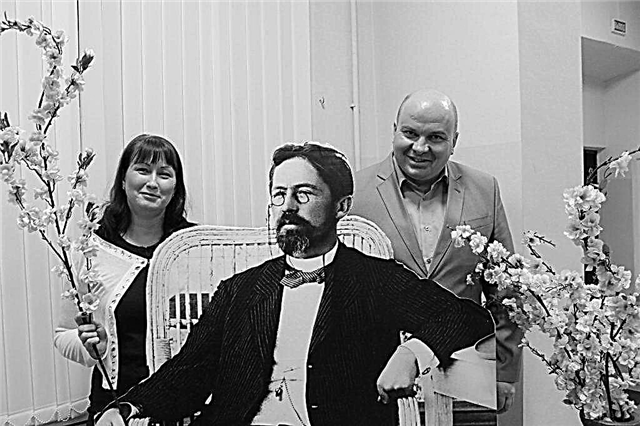

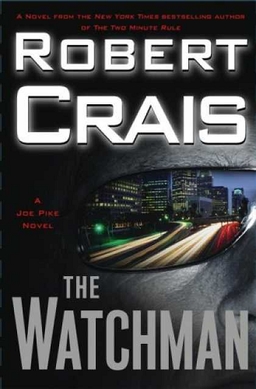
 Life as a startup
Life as a startup
